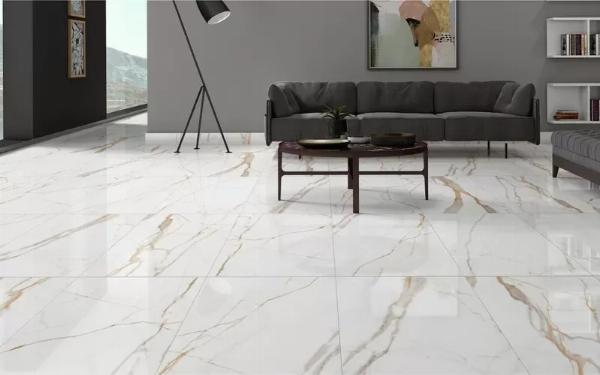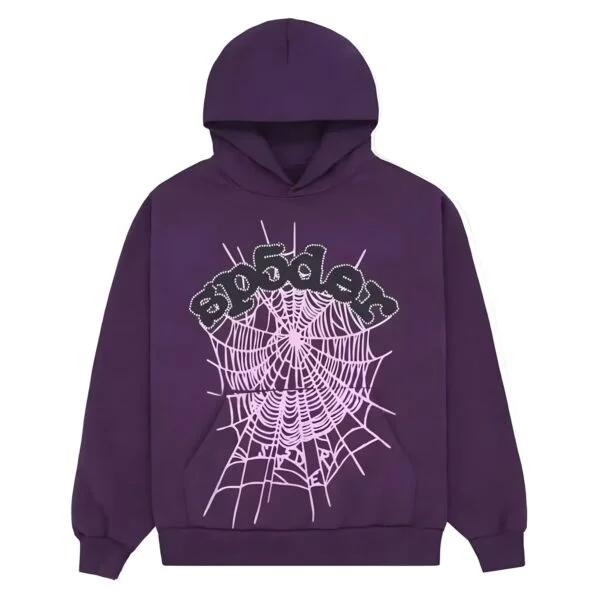The Rise of the Messy Girl: A New Trend in Television Reflecting Our Complex Lives
Introduction: As summer approaches, the television landscape is set to embrace a new trend: the "Messy Girl" theme. This trend features multifaceted female characters who are not just one-dimensional but rather 360-degree beings, displaying their successful, vulnerable, raw, and even lying sides. These characters resonate with viewers, reflecting the complexities of our own lives and the societal pressures we face.
The Better Sister: A Case Study Prime Video's murder mystery The Better Sister, starring Jessica Biel and Elizabeth Banks, is a prime example of this trend. Biel plays Chloe, a high-profile media executive who reunites with her estranged sister Nicky (played by Banks) after Chloe's husband is brutally killed. As the murder investigation unfolds, the siblings must confront painful family secrets that drove them apart to uncover the truth behind his death.
Biel's character is pegged as the "good" one, while Nicky is more rough around the edges as a recovering addict who had to put her life back together after losing custody of her son. The show highlights the dueling "good" and "bad" labels society wants to place on these characters and on women in general.
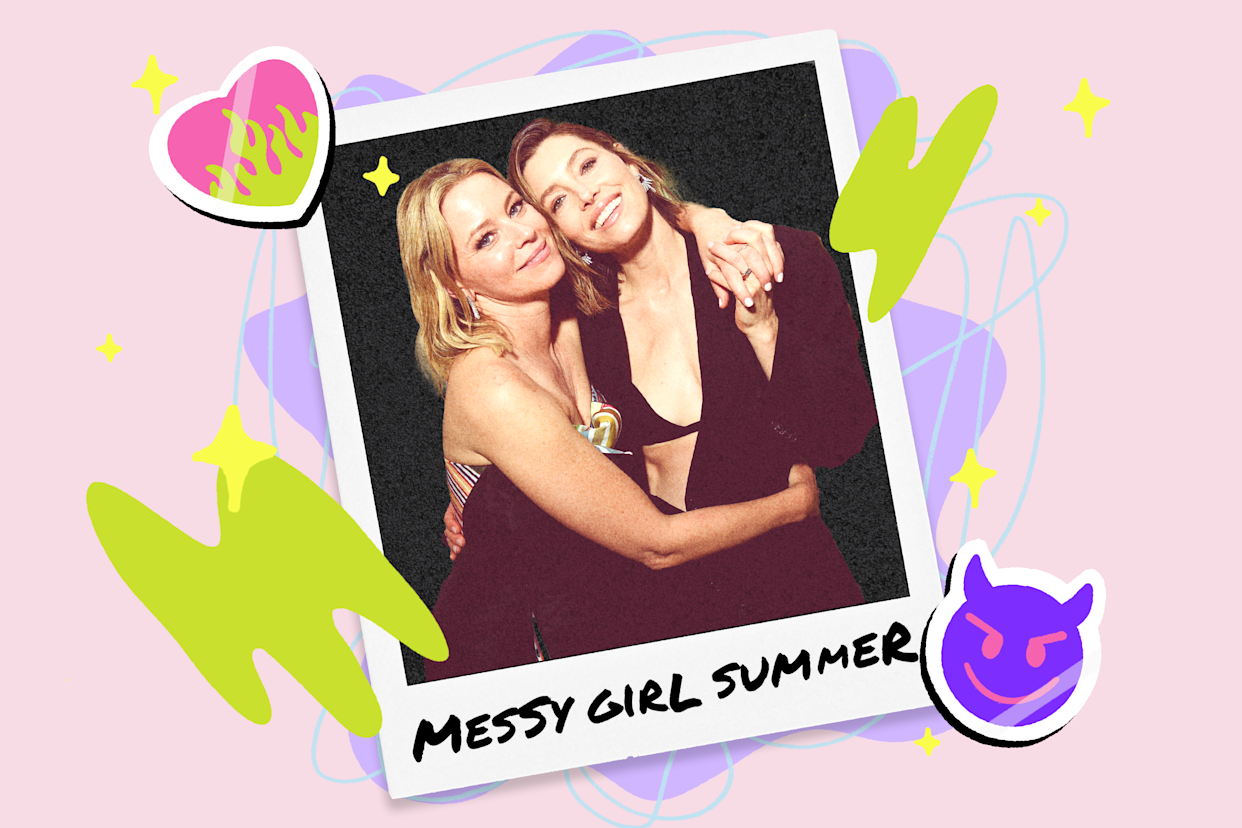
Biel and Banks both agree that these multifaceted female characters resonate with viewers because they show all sides of a person, giving a canvas to paint a real picture of an authentic person. As Biel puts it, "Both of these characters really fall into that messy girl...or just a human girl."
Other Shows Embracing the Trend Netflix's Sirens is another strong contender in this trend. The dark comedy stars Julianne Moore, Meghann Fahy, and Milly Alcock and has garnered 18.2 million views on the streamer, putting it at the top of Netflix's English-language TV shows for two weeks in a row. The show follows Devon (Fahy) as she confronts her sister Simone (Alcock) over an eerily close relationship with her enigmatic billionaire boss (Moore).
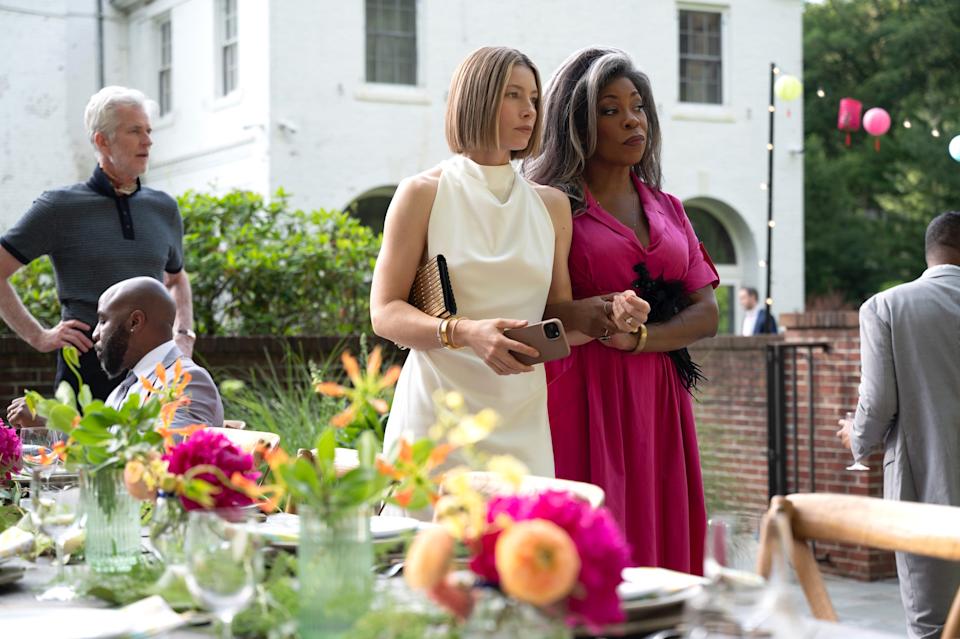
On June 5, fan-favorite Ginny & Georgia returns for a third season on Netflix. The series continues to explore the relationship between the free-spirited Georgia Miller (played by Brianne Howey) and her teenage daughter as she navigates high school. Howey calls Georgia "larger than life," but also "exhausting," teasing that there are "one or two things this season Georgia does that are really hard to get behind."
We Were Liars, out on Prime Video June 18, is another show that aims to enter the chat with this trend. The show is based on the popular 2014 book and has three generations of a wealthy family's secrets to unpack as drama ensues at their private summer utopia.
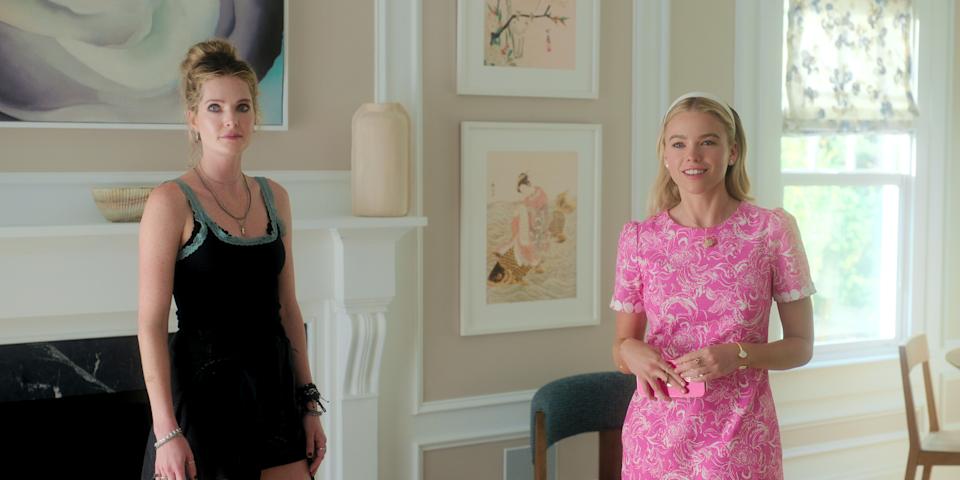
Why This Trend Matters The rise of these "messy girl" characters reflects the complexities of our own lives and the societal pressures we face. Dan Green, the director of the master of entertainment industry management program at Carnegie Mellon University, believes viewers crave authentic characters over "one-dimensional female archetypes." He adds that "life is complicated and messy...so are the characters we view on TV."
Claire Sisco King, chair of cinema and media arts at Vanderbilt University, credits The Sopranos as the first in the canon of these types of shows, citing other examples like Dead to Me (2019), The Flight Attendant (2020), and Orange Is the New Black (2013) as other examples of TV series that showcase "messy leading women." She notes that these series emphasize

The rising popularity of 'Messy Girl' on television beautifully encapsulates the essence and acceptance in modern society where imperfection is celebrated as a mirror reflecting our complex, multi-faceted lives.
The Rise of the Messy Girl showcases a refreshing and relatable portrayal on TV screens, highlighting our modern-day struggle for authenticity amidst chaos - an accurate reflection that brings much needed complexity to narrative conventions.
In the emergence of 'The Rise of The Messy Girl,' television has found a refreshing new genre that mirrors our society's embrace for complexity and authenticity—a testament to how real-world imperfections have become an asset in telling stories reflective.
The Rise of the Messy Girl show offers a candid and relatable portrayal on TV, mirroring our modern lives' authentic complexity where imperfections become its beauty—a refreshing take that resonates profoundly with audiences seeking authenticity over perfection.
The Rise of the Messy Girl beautifully showcases how contemporary TV reflects our era's embrace and celebration并非of complexity, encouraging viewers to see their own multifaceted lives as attractive through its relatable characters with real imperfections.
The Rise of the Messy Girl represents a genuine shift on television, presenting our multifaceted lives with authenticity and empathy. It humanizes characters oftenmarginalized in conventional narrative structures while encouraging viewers to embrace their own imperfections.
The Rise of the Messy Girl beautifully captures a heartwarming trend on TV that reflectss our collective embrace for authenticity over perfection, allowing viewers to identify and be inspired by characters with lived-in imperfections.
The Rise of the Messy Girl epitomizes a refreshing shift in TV representation, where authentic characters with imperfections embrace our complex living narratives. It's an empathetic portrayal that resonates deeply within audiences who find solace and recognition amidst their own messy charm.
The Rise of the Messy Girl perfectly captures a modern TV sensation, mirroring our own complexities amidst chaos – embracing imperfection as an authentic portrayal to resonate deeply with audiences worldwide.
. Bravo for the rise of 'The Messy Girl' TV trend, an authentic portrayal that embraces imperfections and complexity - reflecting our times so beautifully.
"The Rise of the Messy Girl series presents a refreshing take on television that authentically mirrors our modern lives' intricate chaos, highlighting how …
This essay articulately exposes the tide of The Rise Of The Messy Girl phenomenon, beautifully capturing how modern TV reflects our era's embrace not just for simplicity but a complex beauty encapsulated within imperfection – emboldening us to find strength in authenticity.


